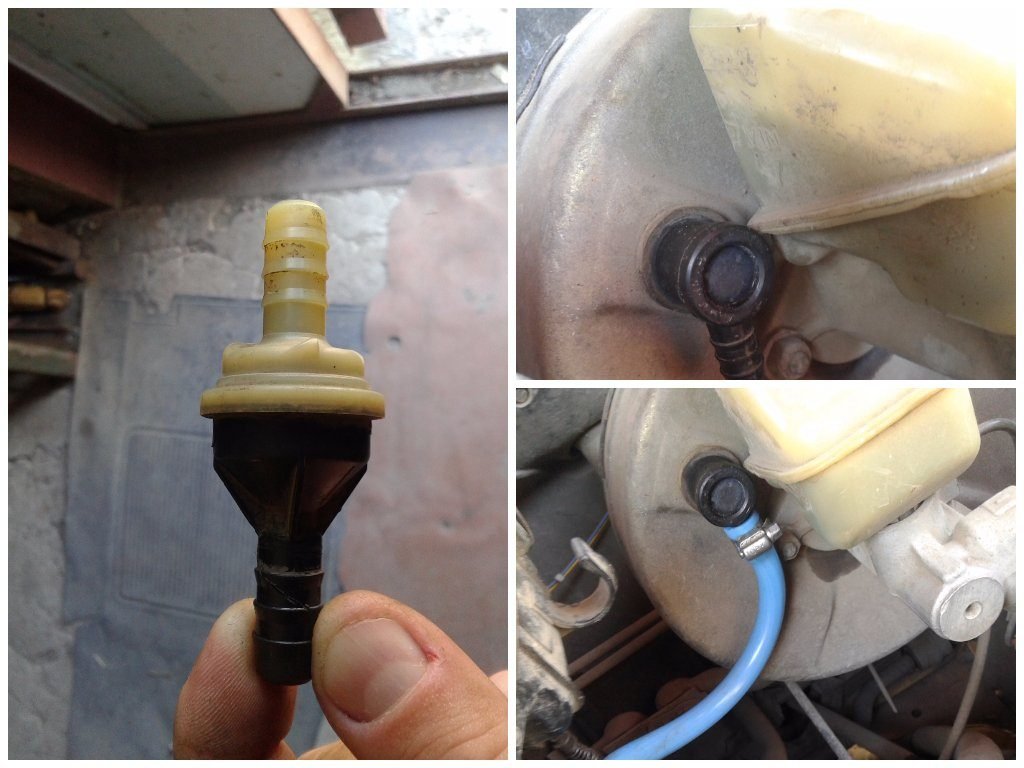
A guide to New Hampshire right-of-way laws
Content
As a motorist, it is your responsibility to drive safely and always take steps to avoid an accident, even if you have an advantage over another vehicle. Right-of-way laws are in place to ensure the smooth and safe movement of traffic. They are needed to protect you and those who share the road with you. Of course, not everyone behaves politely, and not everyone shows common sense in traffic, so there must be rules.
Summary of New Hampshire Right of Way Laws
The rules of the road in New Hampshire can be summarized as follows:
If you are approaching an intersection where there are no road signs or traffic lights, the right of way must be given to the vehicle on the right.
Vehicles traveling straight ahead must be given priority over any vehicle turning left.
If an ambulance (police car, fire truck, ambulance or any other vehicle associated with emergency services) approaches while the siren or flashing lights are on, that vehicle automatically has right-of-way over all other vehicles. If you are already at an intersection, clear it and stop as soon as you can safely do so.
Pedestrians at intersections or pedestrian crossings have priority over vehicles.
If a vehicle crosses a private road or carriageway, the driver must give way to a vehicle that is already on the main road.
Blind people (as determined by a white cane with a red tip underneath or the presence of a guide dog) invariably have the right of way.
When approaching a four-way stop, you must give way to the vehicle that reaches the intersection first. When in doubt, yield the right of way to the vehicle on the right.
Funeral processions must yield, regardless of road signs or signals, and are allowed to move in groups. You must give way to any vehicle that can be identified as part of a funeral procession by having its headlights on.
Common Misconceptions About New Hampshire Right of Way Laws
You may think that the law gives you the right-of-way under certain conditions, but it really isn't. By law, no one has the right of way. The right of way must actually be ceded to pedestrians and other vehicles under the circumstances set out above.
Penalties for not ceding the right of way
New Hampshire operates on a points system. If you do not yield the right of way, each violation will result in a penalty equal to three demerit points on your driver's license. You will also be required to pay a fine of $62 for the first violation and $124 for subsequent violations.
For more information, see the New Hampshire Driver's Handbook, Part 5, pages 30-31.
